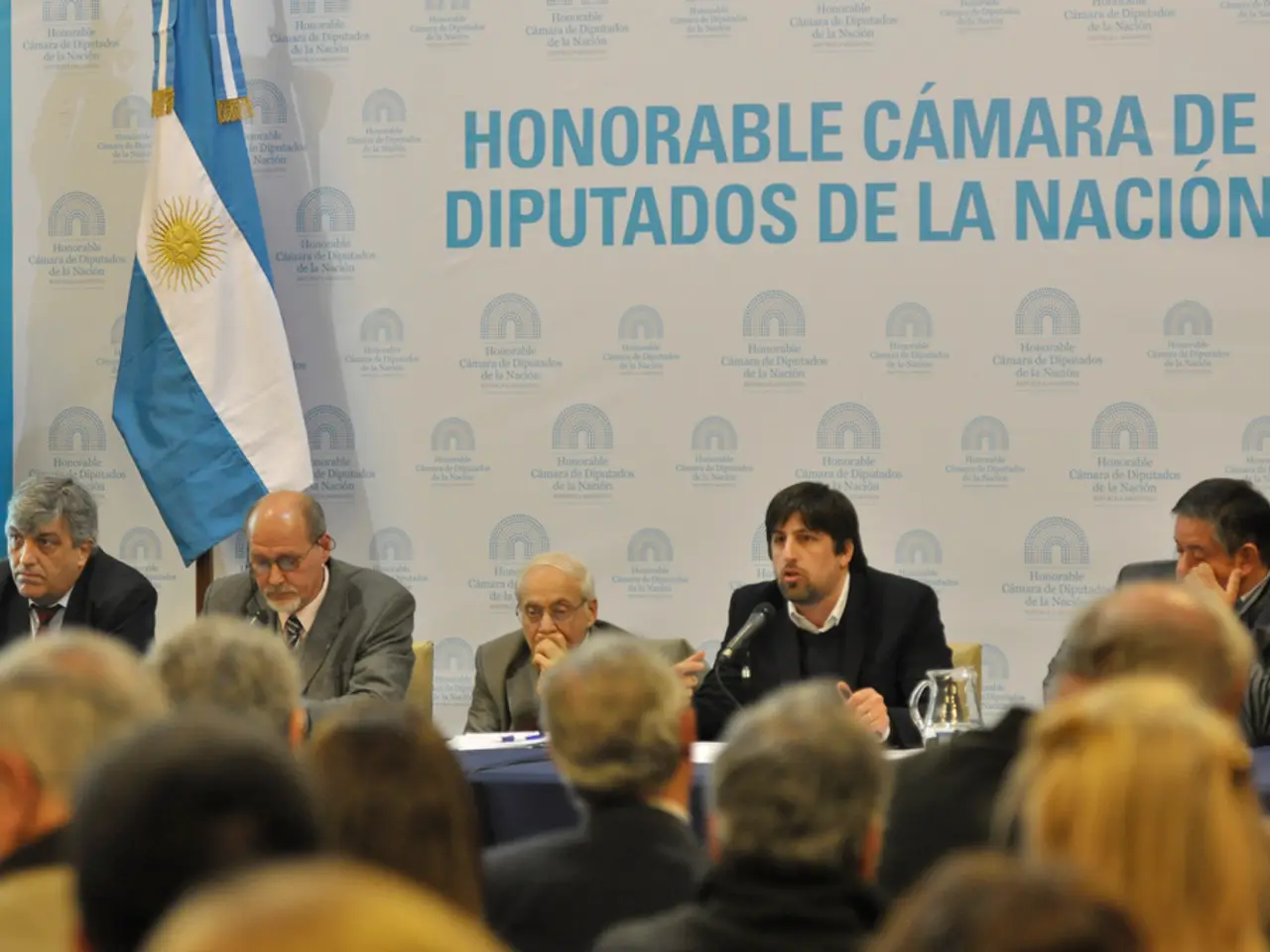Bihar Electoral Roll Modification Decision by the Supreme Court Illuminates Focus on Election Authenticity
Bihar Voter Roll Revision: Supreme Court Ruling and Ongoing Process
A significant development in the electoral landscape of Bihar is unfolding as the Special Intensive Revision (SIR) of the state's voter rolls for the 2025 Assembly elections is underway. The draft electoral roll, covering all 243 Assembly constituencies and 90,712 polling booths, was officially released on August 1, 2025, and is available for public review.
The SIR process has led to the removal of approximately 65 lakh (6.5 million) voters from the draft roll, sparking concerns and objections from the public. The claims and objections window, which allows voters to challenge deletions or errors in the draft list, remains open until September 1, 2025. Voters can submit supporting documents or corrections at designated help camps or online.
As of August 24, 2025, documents for 98.2% of electors have been received by the Election Commission, with eight days remaining to submit needed documents for inclusion or correction. The Election Commission has been directed by the Supreme Court to publish detailed information about voters deleted from the roll on district election websites and to widely publicize this information through media to ensure transparency.
The deletion of millions of names from the draft roll has triggered concerns about potential disenfranchisement and electoral fairness. The Election Commission maintains that the revision ensures a more accurate, fraud-free voter list compliant with legal standards. However, petitions have been filed challenging certain aspects of the revision, including the cut-off date used for eligibility (January 1, 2003), which some argue is arbitrary.
The SIR exercise required voters to submit one of 11 prescribed documents to confirm their eligibility, excluding Aadhaar cards and voter IDs. This policy sparked protests, particularly from opposition parties, and petitions in the Bihar voter roll revision Supreme Court case argued that excluding Aadhaar and ration cards from the list of accepted documents disenfranchised large segments of the population.
The Supreme Court's ruling acknowledged these concerns but clarified that its judicial oversight remains intact, and it can invalidate the revision exercise if evidence of illegality emerges. The ruling reaffirms the Election Commission of India's (ECI) exclusive authority over voter roll revisions while indirectly putting pressure on the ECI to ensure that its communication with the public is more transparent.
The SIR exercise aims at cleansing the rolls ahead of Bihar's legislative assembly elections, scheduled for later in 2025. The revision process is key in preparing a clean voters list to uphold the integrity of Bihar’s 2025 Legislative Assembly elections, with a focus on minimizing duplicates and inaccuracies. Voters have until September 1 to address omissions or deletions on the draft electoral roll, which now excludes around 6.5 million names subject to review and objections.
- The ongoing Bihar voter roll revision, spearheaded by the Supreme Court and the Election Commission, encompasses debates in policy-and-legislation regarding electoral integrity, as certain aspects of the revision, such as the used cut-off date, have been challenged by petitions.
- The Bihar voter roll revision, characterized by the removal of millions of names due to the Special Intensive Revision process, has sparked concerns about politics and general-news issues, including potential disenfranchisement, due to the exclusion of Aadhaar cards and voter IDs among the documents required for confirmation of eligibility.








